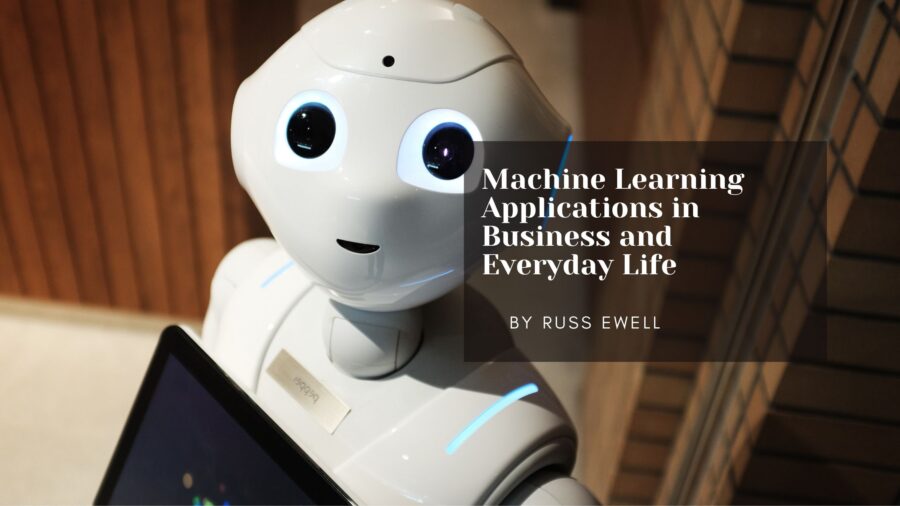Machine learning, a subset of artificial intelligence, has revolutionized various industries and aspects of our daily lives. With its ability to analyze vast amounts of data and make intelligent predictions, machine learning has become an invaluable tool.
Business Applications:
Customer Relationship Management (CRM)
Machine learning algorithms help businesses improve customer interactions and enhance sales and marketing efforts. By analyzing customer data, machine learning models can predict customer behavior, identify patterns, and provide personalized recommendations. This enables businesses to deliver targeted marketing campaigns, optimize customer experiences, and build long-term customer relationships.
Fraud Detection
Machine learning algorithms are employed by financial institutions and e-commerce platforms to detect and prevent fraud. By analyzing transactional data and user behavior patterns, machine learning models can identify suspicious activities and flag potentially fraudulent transactions in real time. This helps businesses protect themselves and their customers from financial losses and maintain trust.
Supply Chain Optimization
Machine learning is used to optimize supply chain operations by predicting demand patterns, optimizing inventory management, and improving logistics and delivery processes. By analyzing historical data, machine learning models can forecast demand, identify potential bottlenecks, and suggest more efficient routes and schedules. This reduces costs, improves efficiency, and enhances overall supply chain performance.
Predictive Analytics
Machine learning enables businesses to make data-driven decisions through predictive analytics. By analyzing historical data and patterns, machine learning models can forecast future outcomes, such as sales trends, customer churn rates, or equipment maintenance needs. These insights empower businesses to make proactive decisions, optimize resource allocation, and improve overall operational efficiency.
Everyday Life Applications:
Virtual Assistants
Virtual assistants, such as Siri, Alexa, and Google Assistant, utilize machine learning algorithms to understand and respond to user commands. These intelligent systems learn from user interactions, improving their accuracy and understanding over time. Virtual assistants make our lives more convenient by providing instant information, controlling smart home devices, and performing tasks like setting reminders or making appointments.
Personalized Recommendations
Machine learning powers recommendation systems that suggest products, movies, music, and more based on user preferences and behavior. Online platforms like Netflix, Amazon, and Spotify use machine learning algorithms to analyze user data, identify patterns, and deliver personalized recommendations. This enhances user experiences, increases engagement, and drives customer satisfaction.
Healthcare
Machine learning plays a significant role in healthcare by assisting in disease diagnosis, drug discovery, and personalized treatment. Machine learning models can analyze medical data, such as patient records, imaging scans, and genomic information, to detect patterns and predict disease outcomes. This helps physicians make more accurate diagnoses and develop personalized treatment plans.
Natural Language Processing
Machine learning algorithms have significantly improved natural language processing capabilities, enabling applications like chatbots and language translation tools. These tools can understand and respond to human language, providing automated customer support, language translation services, and voice recognition capabilities.
Machine learning has transformed both business operations and everyday life, empowering organizations and individuals with data-driven insights and intelligent predictions. From customer relationship management to fraud detection, supply chain optimization to virtual assistants, machine learning applications are reshaping industries and enhancing our daily experiences. As machine learning continues to advance, we can expect further innovation and increased integration of this technology in various domains, bringing about even more significant transformations in the future.

